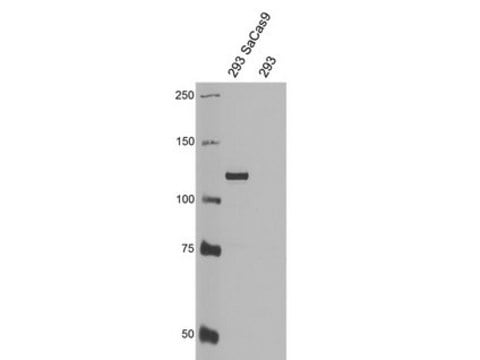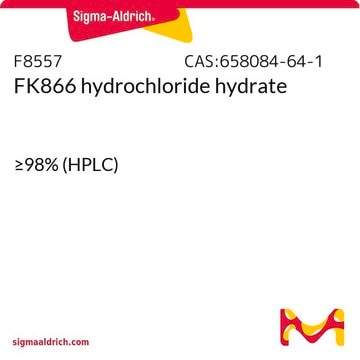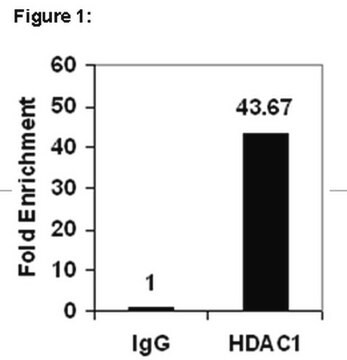AB356480
Anti-Cas9 (Rabbit Polyclonal)
serum, from rabbit
Synonym(s):
SaCas9, CRISPR-associated endonuclease Cas9
About This Item
Recommended Products
biological source
rabbit
Quality Level
antibody form
serum
antibody product type
primary antibodies
clone
polyclonal
species reactivity
Staphylococcus aureus, bacteria
packaging
antibody small pack of 25 μL
technique(s)
immunofluorescence: suitable
western blot: suitable
isotype
IgG
UniProt accession no.
shipped in
ambient
target post-translational modification
unmodified
General description
Specificity
Application
Western Blotting Analysis: A 1:1,000 dilution from a representative lot detected Cas9 in HEK293 cells overexpressing fusion protein GFP-Cas9 (Courtesy of Dr. Gerry Shaw).
Quality
Western Blotting Analysis: 0.2 µg/mL of this antibody detected Cas9 (Rabbit Polyclonal) in 40 µg of HEK293 cells overexpressing fusion protein GFP-Cas9 from Staphylococcus aureus.
Target description
Other Notes
Not finding the right product?
Try our Product Selector Tool.
Storage Class Code
12 - Non Combustible Liquids
WGK
WGK 1
Certificates of Analysis (COA)
Search for Certificates of Analysis (COA) by entering the products Lot/Batch Number. Lot and Batch Numbers can be found on a product’s label following the words ‘Lot’ or ‘Batch’.
Already Own This Product?
Find documentation for the products that you have recently purchased in the Document Library.
Our team of scientists has experience in all areas of research including Life Science, Material Science, Chemical Synthesis, Chromatography, Analytical and many others.
Contact Technical Service



![[1,1′-Bis(diphenylphosphino)ferrocene]dichloropalladium(II)](/deepweb/assets/sigmaaldrich/product/structures/130/734/8846aa26-1858-458a-998d-8c306c13bf0f/640/8846aa26-1858-458a-998d-8c306c13bf0f.png)




